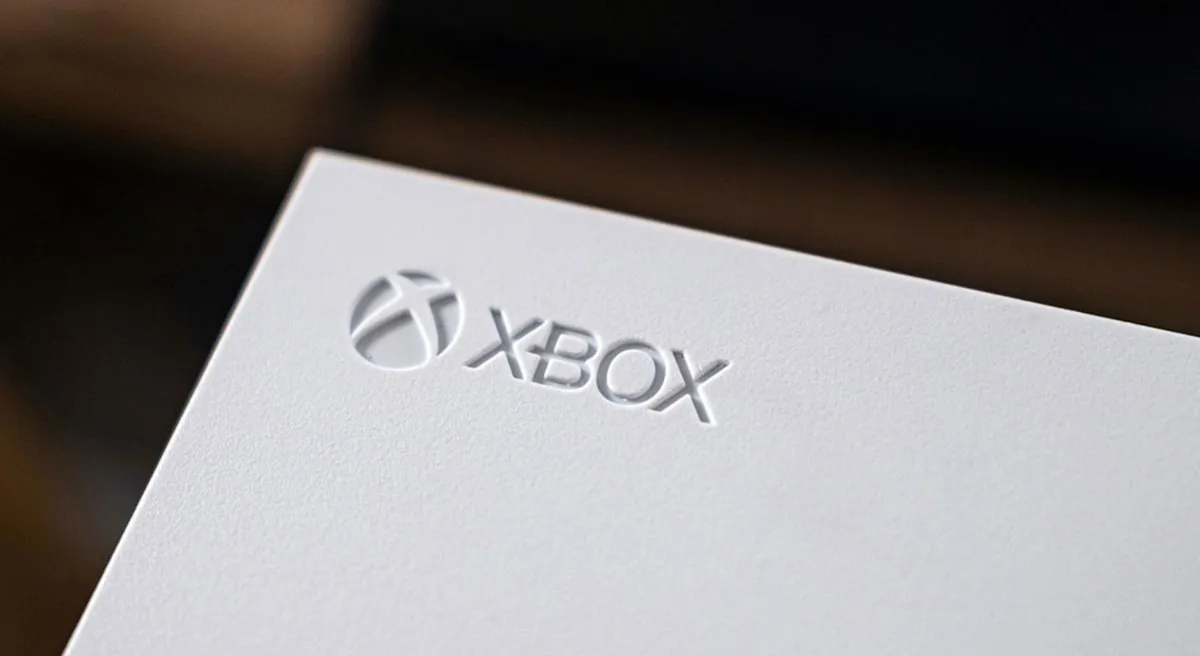
In recent years, Microsoft has been a dominant player in the gaming industry, notably with its affordable Xbox Series S, which was priced at just $300. Gamers could often find even better deals, making it an attractive option for many. Additionally, the Xbox Game Pass Ultimate offered a vast library of games, both new and old, for a mere $15 a month. However, the landscape has drastically changed in 2025, with significant price hikes affecting both the hardware and subscription services.
This year, Microsoft implemented not one, but two substantial price increases for its flagship gaming consoles. The Xbox Series S, which now comes with 512GB of storage, has seen its price rise to $400. Meanwhile, the Xbox Series X has also become more expensive, starting at $600 for a digital-only model and $650 with a disc drive. These price increases represent a jump of $150 and $100, respectively, from their initial retail prices just months ago.
As if the console price hikes weren't enough, Microsoft has also raised the price of Game Pass Ultimate by an alarming 50 percent, increasing the monthly fee from $20 to $30. This change follows a series of price adjustments, as the subscription was only $17 as recently as July of the previous year. Such dramatic increases have left many gamers questioning the value of their subscriptions.
It's important to note that Microsoft is not alone in this trend of increasing prices for gaming consoles. Nintendo has also raised prices for its older Switch model, while the anticipated Switch 2 is priced at $450. Similarly, Sony has adjusted its pricing for the PS5, albeit less dramatically. These price hikes can be attributed to the ongoing uncertainty in the US economy as we move through 2025. However, many feel that Microsoft's approach is particularly harsh, especially with the recent Game Pass price increase.
Microsoft appears to be banking on the phenomenon of subscriber inertia, hoping that loyal Xbox users will continue paying for Game Pass Ultimate despite the price increases. For dedicated gamers who frequently use the service, $30 for access to hundreds of games, including high-profile titles at launch, may still seem reasonable. In comparison, many consumers might not bat an eye at paying $30 or $40 for streaming services like Apple Music. However, this price point has become the industry standard in other sectors, leading to skepticism regarding Microsoft's strategy.
For gamers who are considering their options, the new price for Game Pass Ultimate now exceeds the annual cost of a PlayStation Plus Platinum subscription more than double. While Sony has yet to offer major first-party titles on day one for its service, the various PS Plus plans provide significant value for those who aren't eager to play the latest releases immediately. This shift in pricing dynamics raises concerns for Microsoft as it tries to attract new gamers to its ecosystem.
The combination of the Xbox Series S and Game Pass had previously been an appealing option for many, including myself. The initial cost of $480 for both the console and subscription was manageable. However, with the current total rising to $860, it's becoming increasingly difficult for new players to justify entering the Xbox ecosystem. As more Xbox exclusives become available on other platforms, such as Forza Horizon 5, the incentive to invest in an Xbox console diminishes further.
Microsoft's strategy seems to pivot towards making gaming accessible through streaming, allowing users to play on any device, including TVs and set-top boxes. However, this model requires a robust internet connection, which may not be feasible for everyone. It appears that those willing to pay the elevated price for Game Pass Ultimate would prefer the enhanced performance and visual fidelity of a dedicated console.
The shift in focus from hardware sales to subscription services indicates a long-term strategy aimed at generating revenue from fewer customers paying higher prices. While this approach may seem viable to Microsoft, it leaves many existing customers feeling exploited. As a gamer, I'm reconsidering my loyalty to the Xbox brand, and I suspect I'm not the only one.
In conclusion, while Microsoft has historically been a leader in providing value in the gaming space, the recent price hikes for both the Xbox Series S and Game Pass Ultimate may alienate a significant portion of its user base. Only time will tell if this strategy will pay off, but for now, many gamers are left reconsidering their options.